Skills gap detection
What is skills gap detection?
Skills gap detection is the process of figuring out skills gaps with the help of tests, evaluations, skills matrixes, and other tools.
Why is skills gap detection important in an organization?
By detecting skills gaps, HR leaders can get an overview of which departments or teams are currently lacking the requisite resources to meet their KPIs. They can also plan for their recruitment strategy. Rather than reactively bringing in new hires when a need emerges, HR leaders can see current skills gaps, predict future ones, and create plans to ensure these gaps will be filled.
Moreover, conducting analysis will start the conversation on training employees in skills they need to make them more productive and efficient in their current roles. When HR leaders fill skills gaps accordingly, they will ultimately be able to use their future-ready workforce to accelerate innovation and reduce time to market.
What is the main advantage of using AI-powered processes for detecting skills gaps?
Using AI for gap analysis can help to create employee profiles accurately. With the help of such analysis, HR leaders can get exact information about every employee’s unique context, like their skills, capabilities, and talents, analyze gaps that may arise in specific roles. This unleashes hyper-personalized career guidance for every employee without the typical costs that incur while doing the same through manual paperwork.


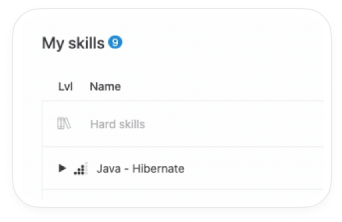

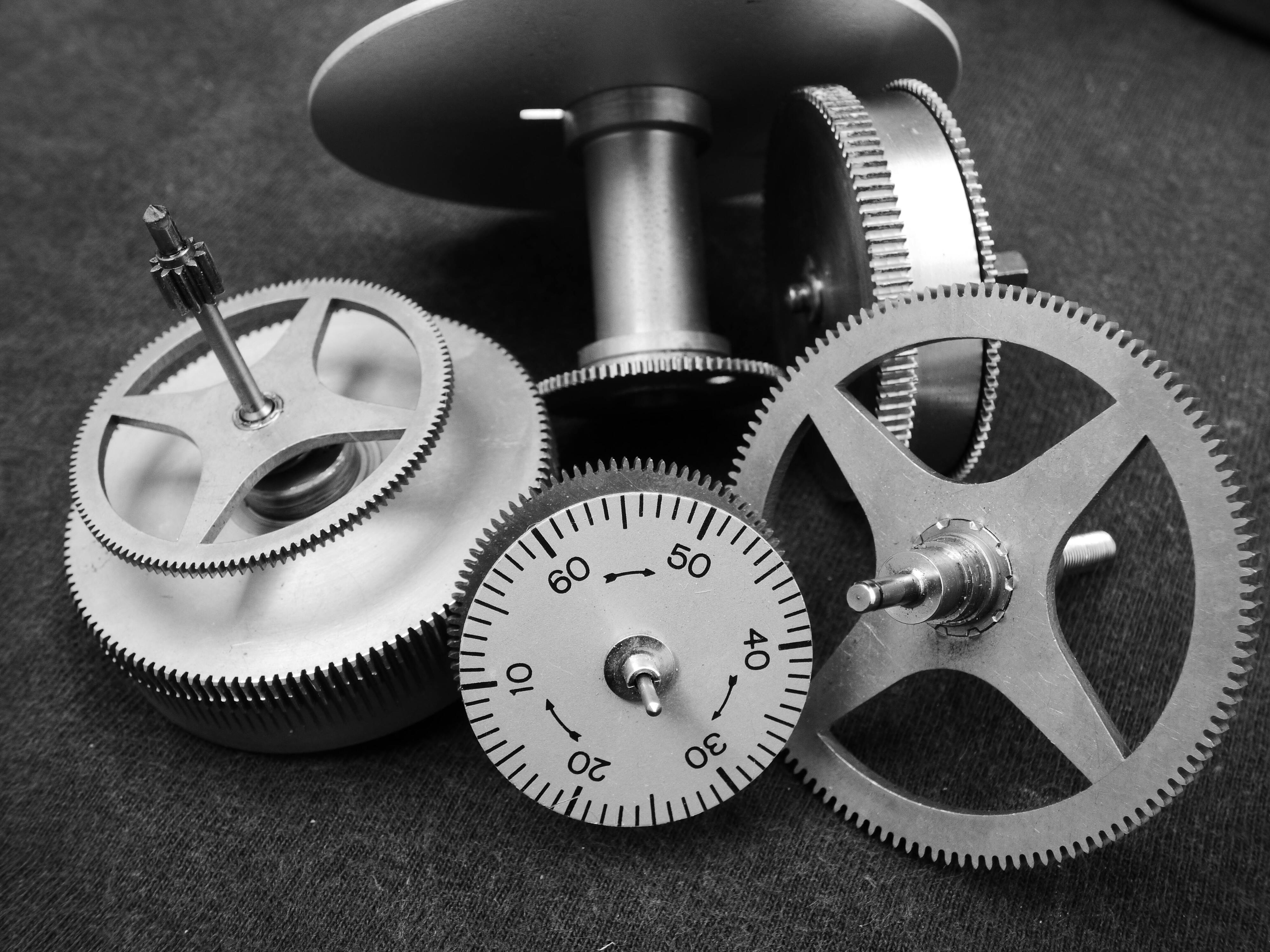








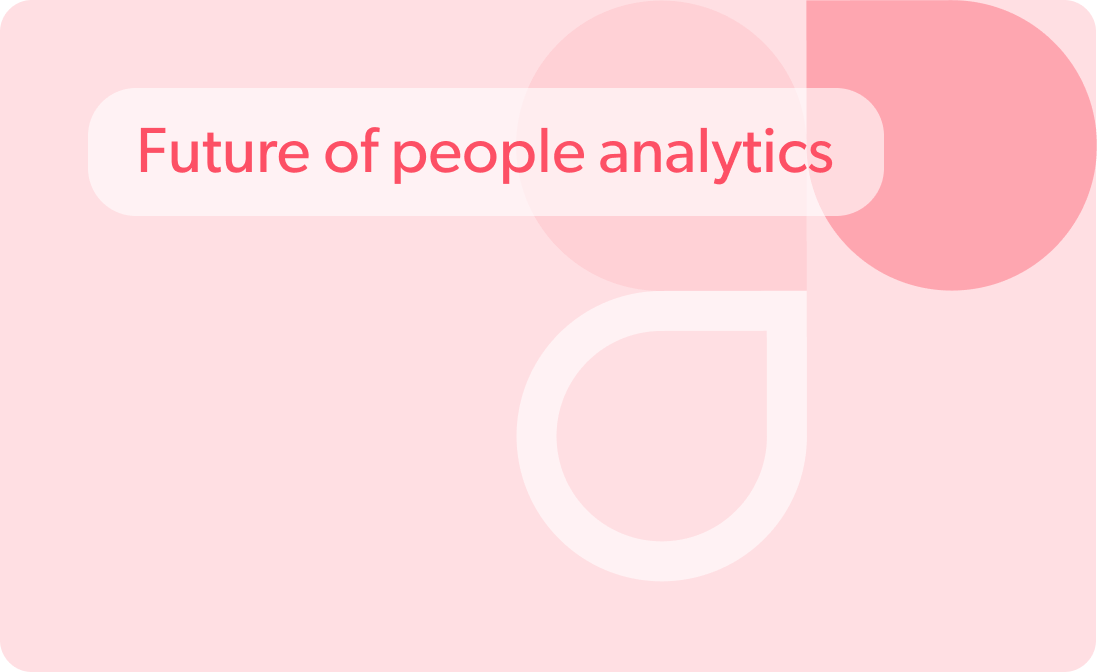
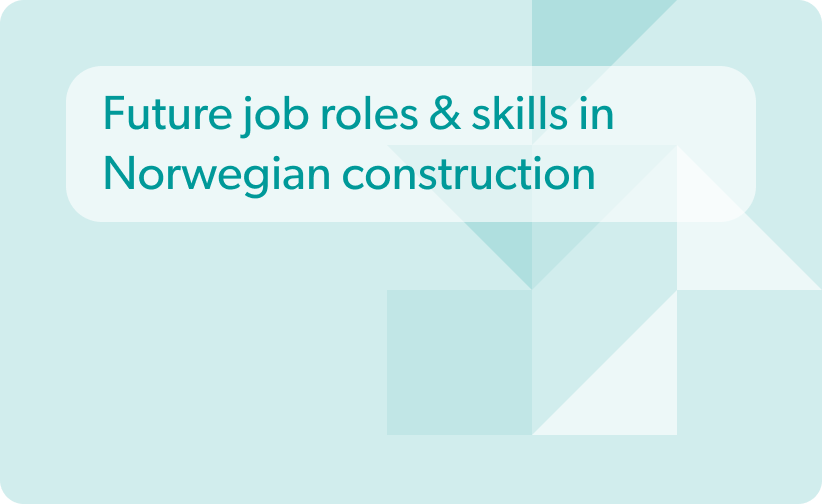
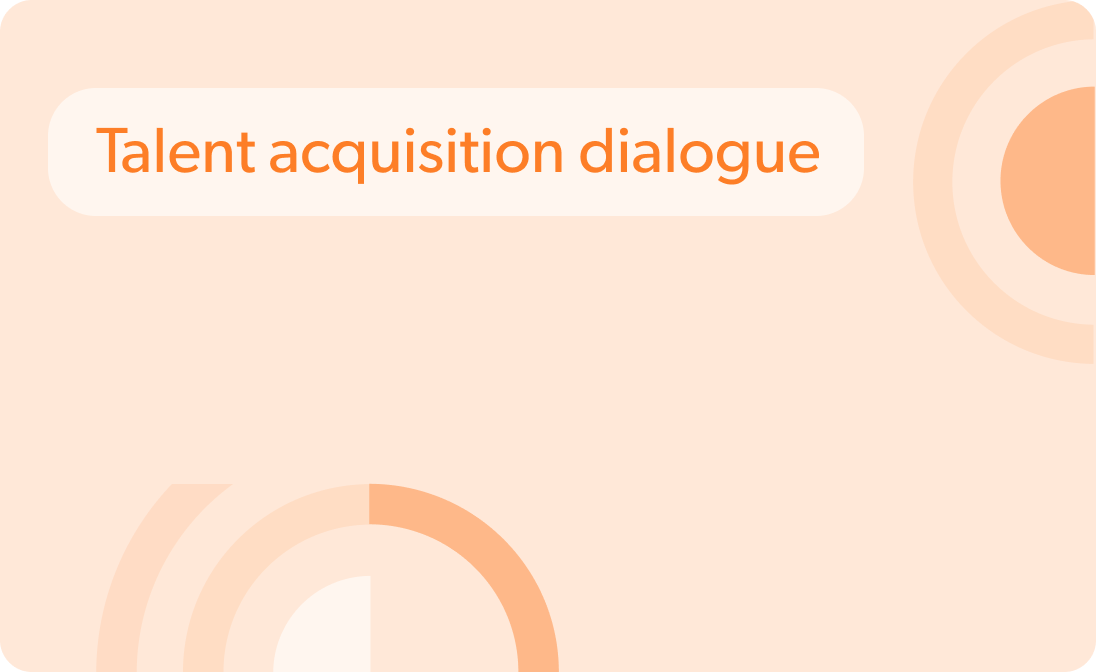





 info@hrforecast.de
info@hrforecast.de
 +49 89 215384810
+49 89 215384810




